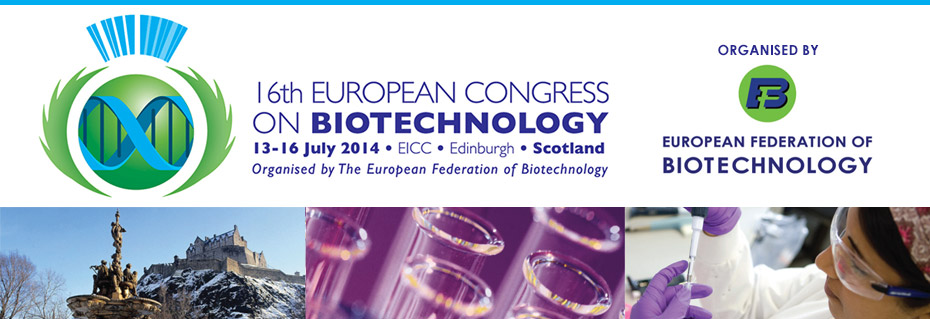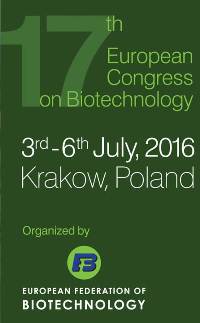For centuries, Edinburgh has fostered excellence in both science and the arts. Great scientific minds such as Charles Darwin, James Young Simpson and Alexander Fleming were trained at its great universities and medical institutions. And in the coffee houses and pubs have flourished some of the world's most creative writers and artists including Robert Burns, Arthur Conan Doyle and J K Rowling.
Today, Edinburgh's universities and academic institutions continue this tradition of innovation. Scotland's capital city is widely regarded as a global leader in many areas of research and development in medicine, new technologies and the life sciences, with notable developments in genetics, cloning, stem cell research and liver transplantation, for example. With this illustrious background, Edinburgh attracts keen and enquiring minds to attend national and international meetings - all helping to push still further the boundaries of science and engineering. Scotland hosts one of the largest life science clusters in Europe with significant international presence in research, development and manufacturing. With a long and remarkable history of medical and scientific discovery stretching back 200 years, Scotland has always been at the forefront of medical innovation.
In recent years, pioneering work has taken place in Scotland's universities and research institutes, in areas such as:
- The development of MRI and CAT scanners
- The discovery of p53 cancer suppressor gene
- World-recognised research in diabetes and cancer
- The cloning of 'Dolly' the sheep
- Ground-breaking stem cell trial for stroke patients
- A Scottish biopharmaceutical company has recently won a contract worth more than £800,000 to develop an interferon product for a US firm.
Scotland maintains this rich heritage with high levels of expertise, a culture of innovation, and continuing research and technology excellence which together have resulted in a thriving, growing industry on the brink of new discoveries. World-class research is carried out across several specific fields of life sciences, including:
- Medical technology
- Diagnostics and medical devices
- Pharma services
- Contract research
- Pre-clinical and clinical trials support
- Stem cells and regenerative medicine research
- Drug discovery and development
- Translational medicine
- Bioinformatics
The Organisers of the European Congress on Biotechnology 2014 (ECB16) will capitalise on this wonderful venue, the state-of-the-art conference facilities and the wealth of local scientific and biotechnological expertise to ensure a truly memorable and worthwhile event.
Local Organising Committee









